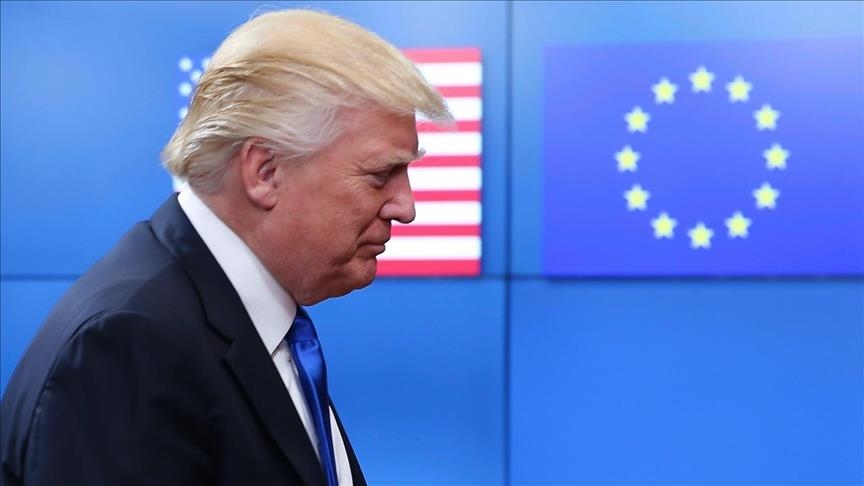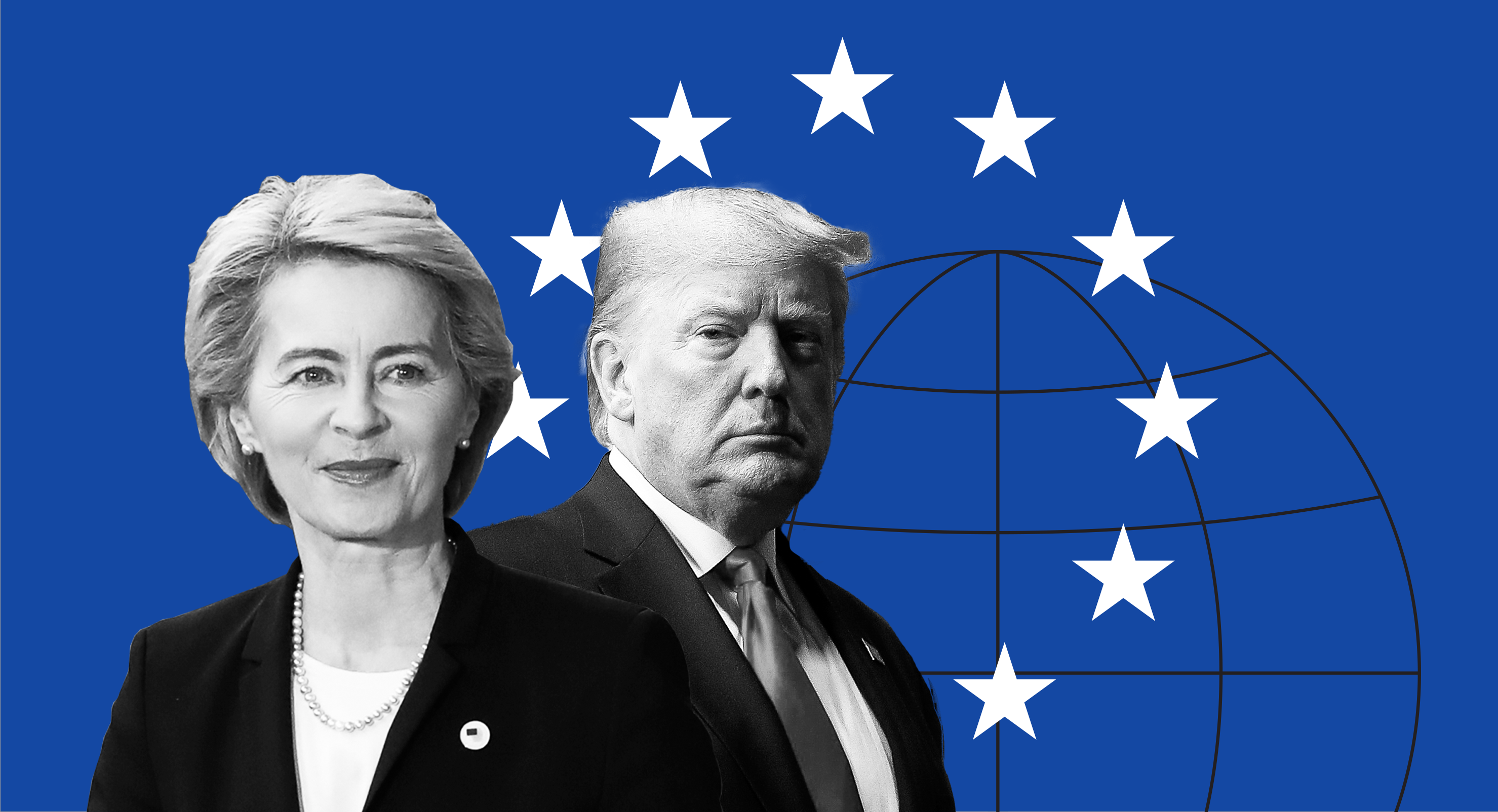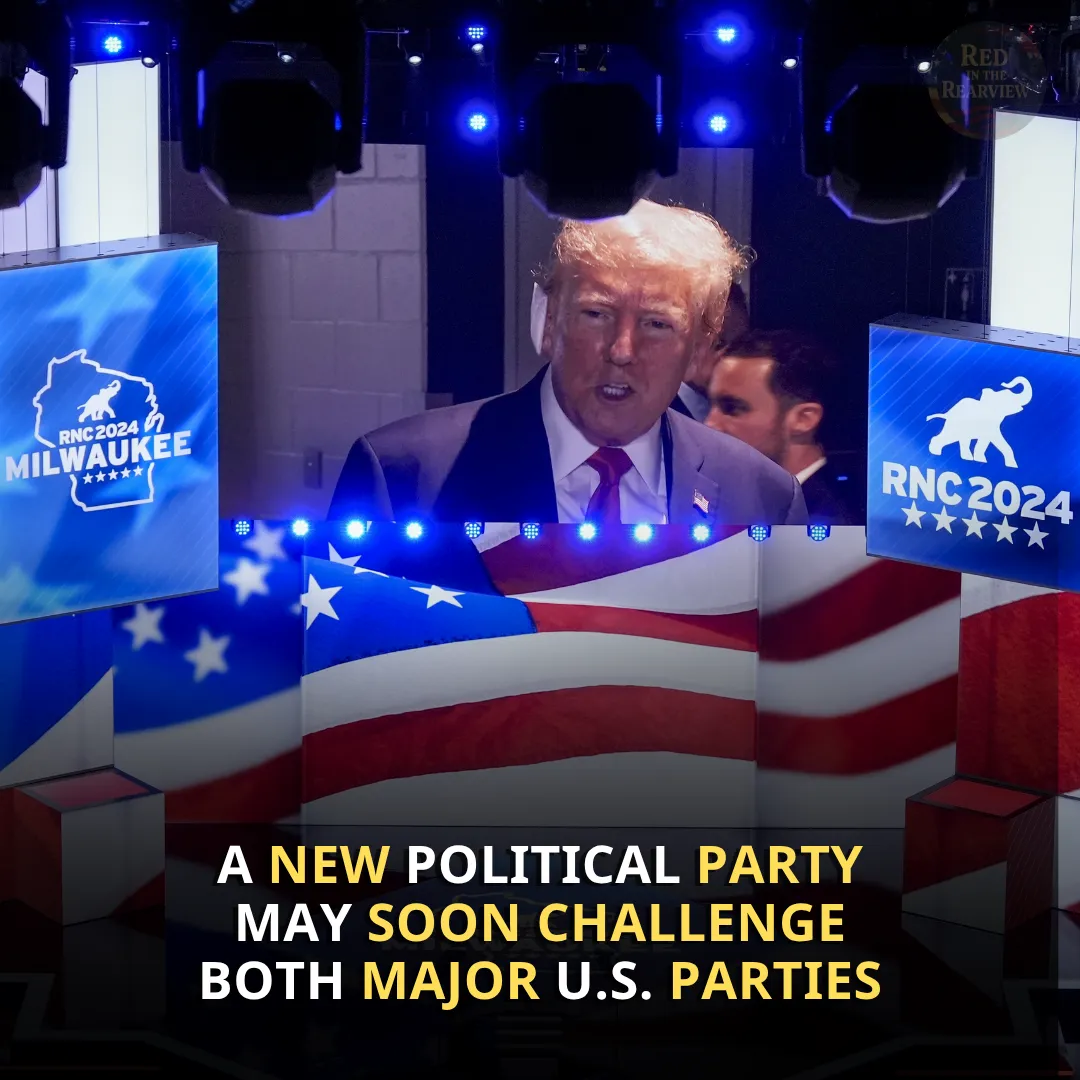President Donald Trump and European Commission President Ursula von der Leyen announced a sweeping new trade deal between the United States and the European Union on Sunday, marking what many are calling a historic shift in transatlantic economic relations.
The agreement, finalized after months of tough negotiations, was hailed by both leaders as a breakthrough that will stimulate growth, secure energy independence from hostile regimes, and open European markets to American goods like never before.
The deal includes a mutual 15% tariff on automobiles, a massive $750 billion energy purchase commitment from the EU, and expanded trade access for American agriculture and industrial goods.
While critics on the left and in Europe have expressed skepticism, many—including former diplomats and economic analysts—agree that Trump secured nearly every major objective he sought.
During the joint press conference, Trump and von der Leyen appeared candid about the challenges that led up to the deal.
Just moments earlier, both had stated that the chances of reaching a resolution were about “50-50,” indicating the complexity and intensity of the talks.
“We are agreeing that the tariff straight across for automobiles and everything else will be a straight-across tariff of 15%,” Trump announced.
“We have the opening up of all of the European countries, which I think I could say were essentially closed.”

Trump specifically pointed to agriculture, an area where U.S. exporters have long faced stiff resistance in European markets. “You weren’t exactly taking our orders.
You weren’t exactly taking our agriculture,” Trump said directly to von der Leyen, who nodded in acknowledgment.
Von der Leyen, for her part, praised the outcome and said Europe will now purchase $150 billion worth of U.S. energy, including natural gas and liquefied petroleum, while also making $600 billion in additional investments into the American economy.
The core elements of the deal include:
-
A flat 15% tariff on automobiles traded between the U.S. and the EU
-
Complete opening of EU markets for U.S. agricultural products
-
A commitment from the EU to purchase up to $750 billion in American energy exports
-
“Vast amounts” of U.S. automobiles to be sold in European markets
-
An agreement to eliminate all other tariffs on select industrial goods
As expected, the agreement was met with backlash from some liberal commentators, who accused Trump of being heavy-handed in negotiations and questioned whether the EU had conceded too much.
MSNBC’s Elise Jordan lamented that the European Union didn’t play “cat and mouse” with Trump longer, suggesting they had more leverage than they used. “They have more leverage than, you know, giving in this quickly,” she said, appearing frustrated by the outcome.
CNN’s Jeff Zeleny offered a more measured take but noted that the deal sends a clear message: “It’s better to try and sign a deal with Trump than risk a trade war.
” Zeleny added that the agreement with the EU could influence upcoming negotiations with China, especially as the truce in the U.S.-China trade conflict is set to expire on August 12.
One of the most striking endorsements came from former U.S. Ambassador to the European Union Gordon Sondland, who called the deal a major geopolitical and economic victory for the U.S.

Sondland emphasized that the deal would significantly weaken Russia’s influence in Europe. “Back when I served as ambassador, we were trying desperately to get Europe to abandon Nord Stream 2 and buy energy from us. And, you know, back then, they were hooked on cheap Russian gas,” he explained.
“They didn’t think that Russia posed a threat to Europe. Look how a few years have changed things. Now they don’t want to buy from Russia. They want to buy from the U.S.”
Sondland also praised Trump’s leadership. “I think this is a tremendous day for the United States. And I have to credit President Trump,” he said.
The agreement also sends a strong signal to countries like China and Russia that the United States, under Trump, is reshaping global trade norms to favor American workers and strategic partners.
The pivot away from Russian energy imports in favor of American natural gas strikes directly at one of Vladimir Putin’s most potent economic tools.
By securing massive EU investments in American energy and infrastructure, the deal simultaneously boosts U.S. industry and reduces Europe’s dependency on authoritarian regimes.
Many on the political left are scrambling to reframe the deal. Their criticisms—ranging from Trump’s negotiating tactics to vague accusations of economic nationalism—appear increasingly out of step with the practical benefits of the agreement.
Even traditional critics have acknowledged Trump’s success. “This isn’t about rhetoric anymore—it’s about results,” one senior Democratic aide anonymously told Politico. “And on this, Trump got results.”
The EU deal reflects a consistent pattern in Trump’s approach to foreign trade: hard-nosed negotiation, public pressure, and a refusal to accept trade deficits as inevitable.
This “America First” strategy has often been derided by globalist institutions and left-leaning pundits, but it has also delivered measurable gains—from the USMCA replacing NAFTA to historic trade agreements with Japan and South Korea.
Trump’s defenders argue that this is exactly why voters elected him—to challenge the status quo, disrupt bureaucratic inertia, and bring back favorable terms for American businesses and workers.
With the U.S.-EU trade deal now sealed, Trump adds another policy win to his second-term record—an accomplishment likely to resonate in key manufacturing and agricultural swing states as the 2026 midterms approach.
Analysts say the agreement will boost job creation, lower energy costs, and expand export opportunities across numerous sectors, from auto manufacturing in Michigan to natural gas production in Texas and Pennsylvania.
Moreover, the political optics are clear: Trump, often caricatured as reckless on the world stage, just outmaneuvered the EU’s top negotiators and secured a deal that eluded several prior administrations.
The U.S.-EU trade agreement marks a turning point not just in global commerce but in how America engages with its allies.
In securing massive concessions from the European Union, President Donald Trump demonstrated that his confrontational style, though criticized, can deliver high-stakes results.
While liberals grumble and legacy media pundits attempt to soften the impact of the achievement, the facts speak for themselves: the deal is done, the terms favor the United States, and once again, Trump defied the odds and walked away with a win.




